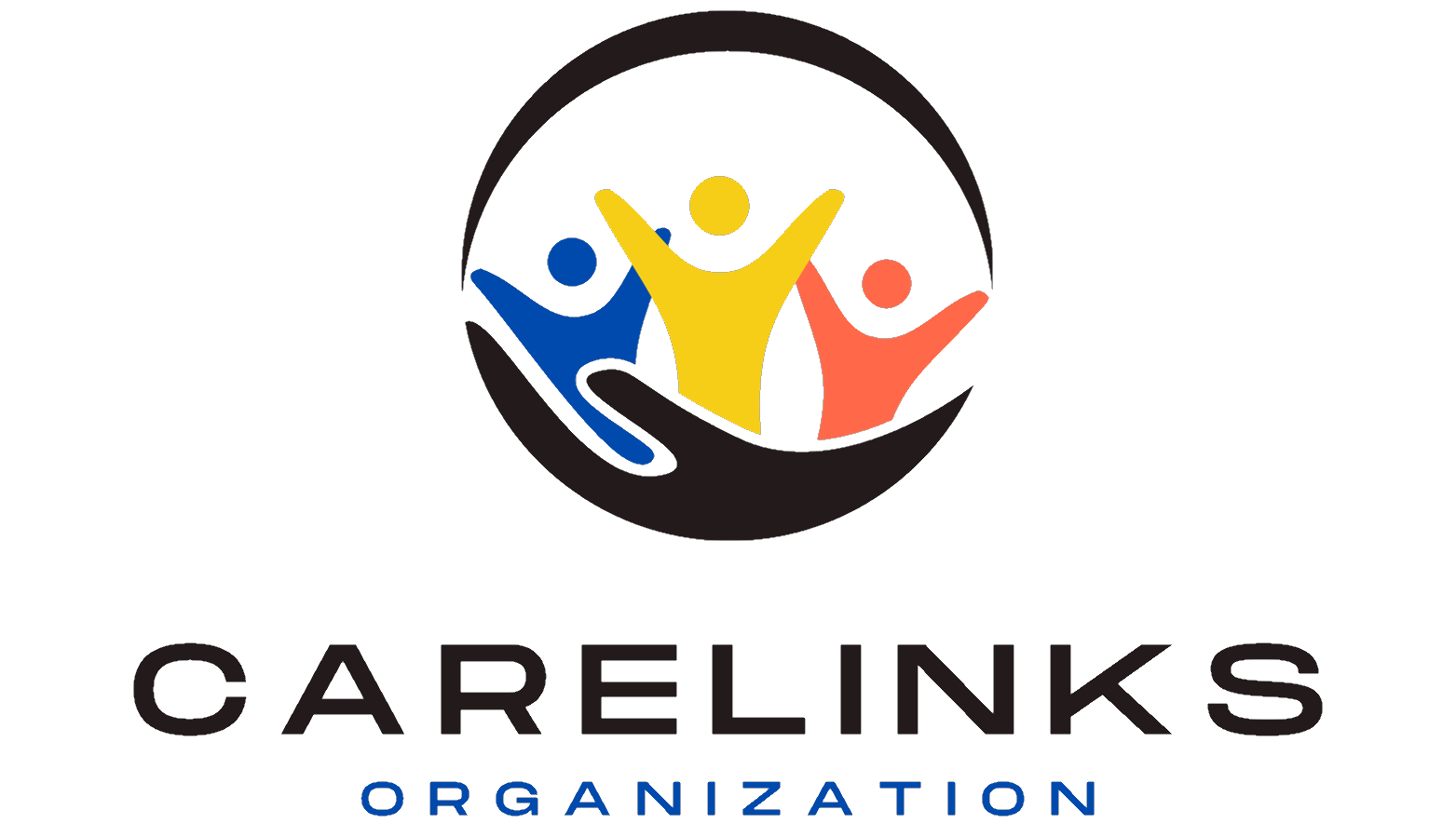



Racism as a Determinant of Health
Racism and systemic discrimination are key drivers of health inequalities faced by racialized Canadian communities.
Social, economic, and political factors shape the conditions in which individuals grow, live, work, and age, and are vitally important for health and wellbeing.
Inequalities in these conditions can lead to inequalities in health. When these inequalities are systematic, unfair and avoidable, they can be considered inequitable.
In recent years, racism has been increasingly recognized as an important driver of inequitable health outcomes for racialized Canadians.
Discrimination against racialized people is deeply entrenched and normalized in Canadian institutions, policies, and practices and is often invisible to those who do not feel its effects.
This form of discrimination has a long history, uniquely rooted in European colonization and the legacy of the transatlantic slave trade.
Discrimination affects access to important resources for health, including education, employment, and housing. Carelinks is working to address this through advocacy, training and empowering ACB communities and meaningful engagement of all stake holders and policy makers.
According to National Health and Social Inequalities.
Racialized Students in Toronto are more likely to be suspended from school than White students.
Discrimination against racialized youth is linked to negative stereotypes and lower expectations from teachers and school staff.
In 2016, only 1.8% of elementary and high school teachers in Canada were Black.
Many racialized Canadians face discrimination in the hiring process:
In a study of employer responses to resumes of similarly qualified racialized candidates with last names, the candidates with Franco-Quebecois names were called for an interview 38.3% more often than those with African names.
Racialized Canadians continue to face overt and covert interpersonal racism in the workplace, affecting recognition for achievements, access to opportunities for career advancement, and job stability.
Racialized immigrants face additional issues including discrimination against those who speak with accents in official languages, difficulties in adapting to unfamiliar workplace cultural norms, lack of recognition for previous education, work experience, and other credentials, and requirements for Canadian work experience. The list is endless.
Carelinks organization is continuing to create safe spaces for engagement in tackling these barriers by involving everyone and setting strategies and platforms for open discussions.
